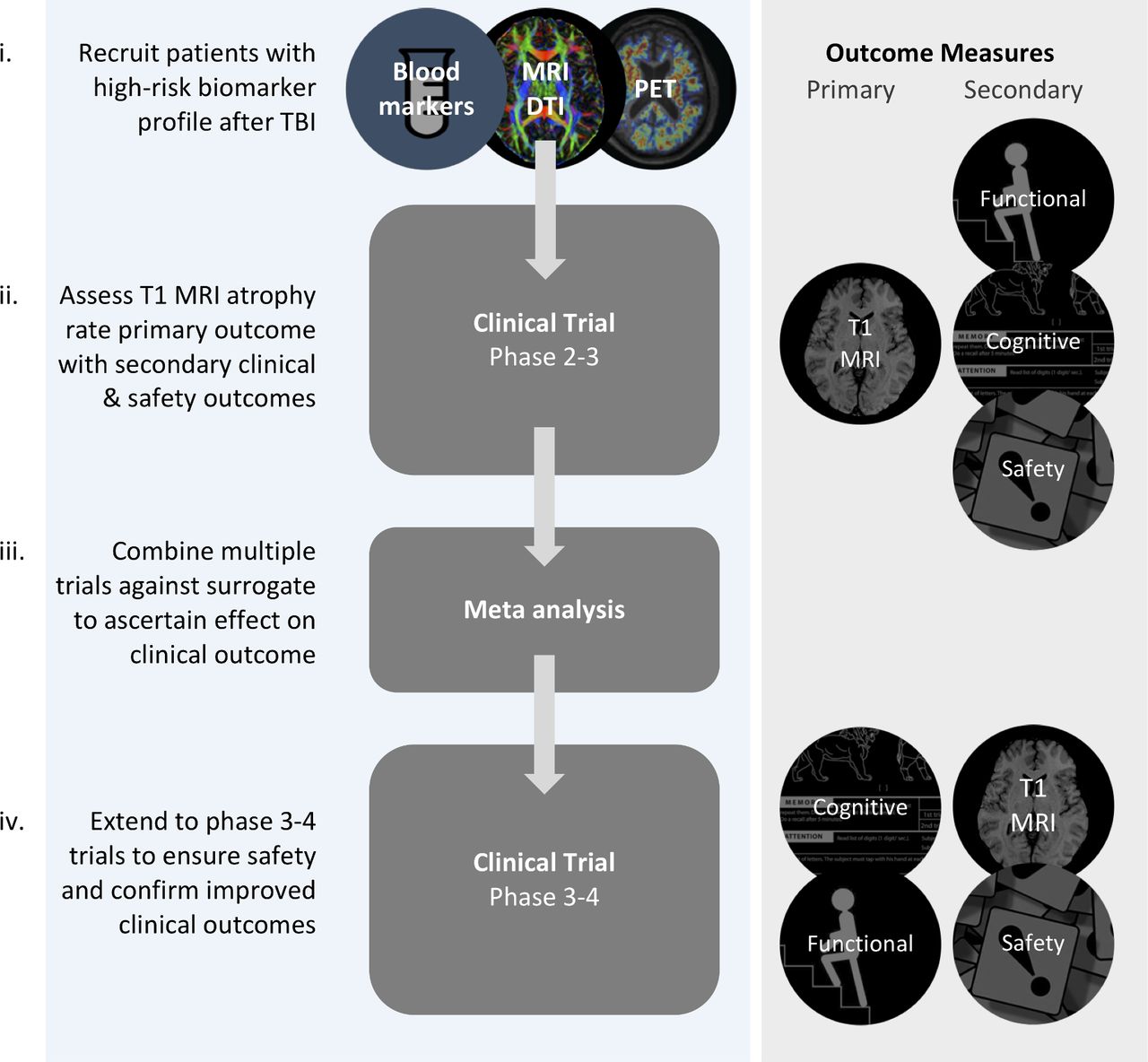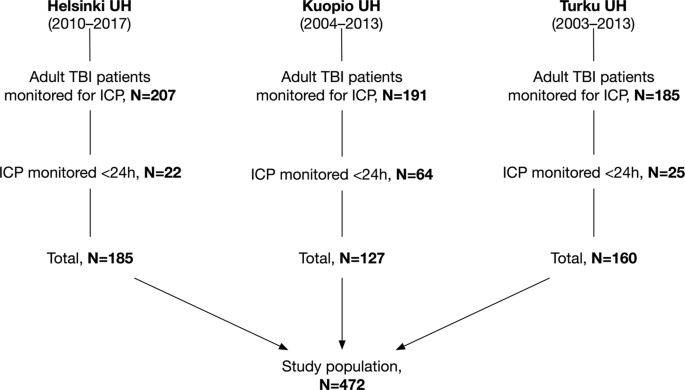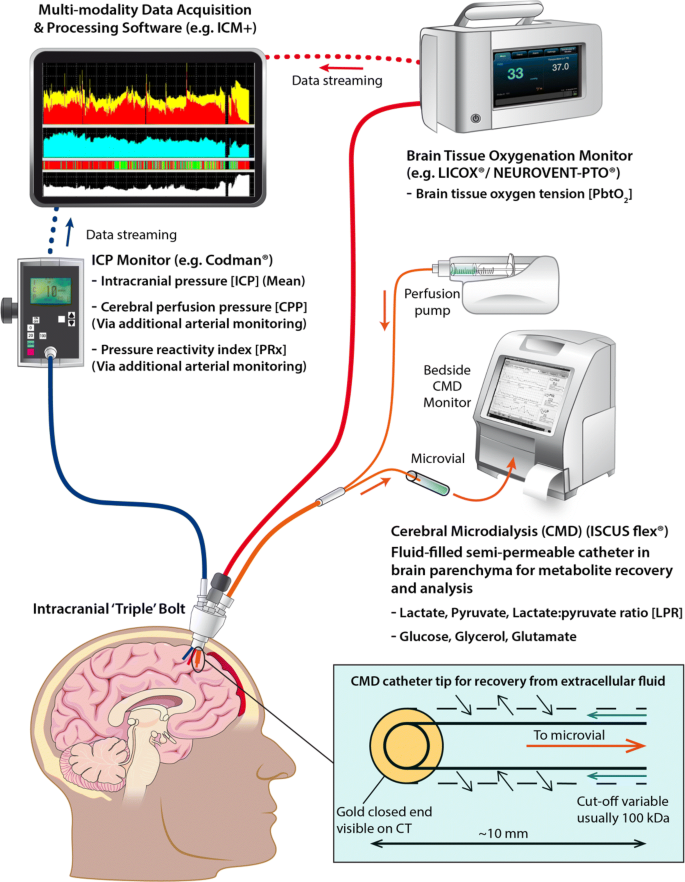

I still suffer from mild depression and have disturbing dreams often. A craniotomy was performed and I survived and actually thrived eventually. I had a brain bleed in 2008 that affected my right frontal lobe. These psychological and psychiatric effects of closed head injury usually manifest during treatment and rehabilitation. Pills are specially given to minimize depression, anger and hallucinations in the patient. Psychotherapy helps the patient and their families cope with the emotional aftermath of a traumatic brain injury and the damages to the patients’ brain.įinally, medications are given to manage the symptoms. Most physicians educate or counsel not just the patient but also their families. Physical therapy follows to help the patient regain his physical functioning. For some patients, speech therapy is also advised if there are any issues with the their speech. Exercise and occupational therapy are also included if the patients’ ability to do the activities of daily living is impaired after the brain injury. A careful observation of the patient, most especially within the first 24 hours after the injury is done, is undertaken.Īntibiotics is also administered to prevent infection and medications to prevent and reduce the swelling in the brain. The initial treatment for a patient who has a closed head injury is to immediately address the injury and prevent the patient from sustaining further damage. Most of the time, long term symptoms include physical disability and permanent problems with primary functions such as speaking or ability to do the activities of daily living. The long term symptoms vary from person to person and the severity of the head injury. It might me coming from the cerebrospinal fluid. Fluid leak in the eyes, nose and ears.Difficulty breathing and changes in the rate of breathing.Inability remembering what happened right after the injury.Problems with concentrating including confusion.Swelling and bruising on the site of the brain injury.Mood changes including behaviour and personality.Changes in consciousness such as fainting,loss of consciousness, excessive feeling of sleepiness and drowsiness.The following symptoms are common after a closed head injury. Some patients also suffer from a decrease self-esteem and depression. About 8.3% develop anxiety, about 1.7% develops a panic disorder, and another 8.3% develops a specific phobia. This includes personality changes, depression, social competence issues, cognitive disabilities, anxiety, and sensory perception changes.īased on studies almost 50% of patients who suffered from a traumatic brain injury develops a psychiatric disturbance. These are symptoms that can surface during the phase of rehabilitation after the injury. Severe symptoms include seizures, loss of consciousness and coma. That is why being able to identify the symptoms and undergoing immediate medical attention is crucial.

Severe symptoms can lead to a permanent vegetative state or death. These symptoms include dizziness, vomiting, nausea, headache and speech slurring. It can cause further damages to the brain that may result to permanent disability or even death.Ĭommon symptoms may manifest after a couple of days. If a patient is not given immediate medical attention, the injuries can aggravate the situation. Symptoms of head injuries are often seen after the accident and applying medical care is necessary. This is the bruise on the brain tissue as a result of a trauma. This is commonly caused by a whiplash or violent shaking, typically as a result of a vehicular accident.

Diffuse Axonal InjuryĪ diffuse axonal injury occurs when the neurons in the brain are damaged. It can be fatal or can cause a permanent damage in the normal brain functions. This causes an intense pressure on the brain. It creates a pool of blood surrounding the brain. This happens when there is a ruptured blood vessel. If the swelling continues despite the treatment, it can result to death. Usually a concussion is treated promptly. On the other hand, repeated concussion caused by an abuse can result to a lasting damage. A concussion is a temporary dysfunction of the normal brain functioning.


 0 kommentar(er)
0 kommentar(er)
